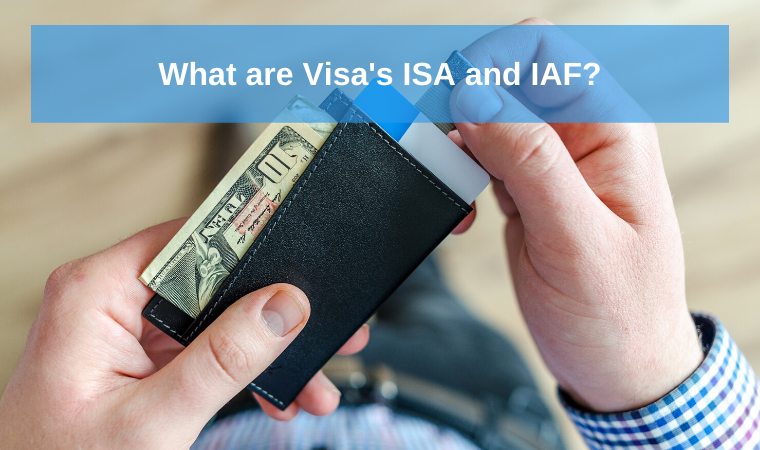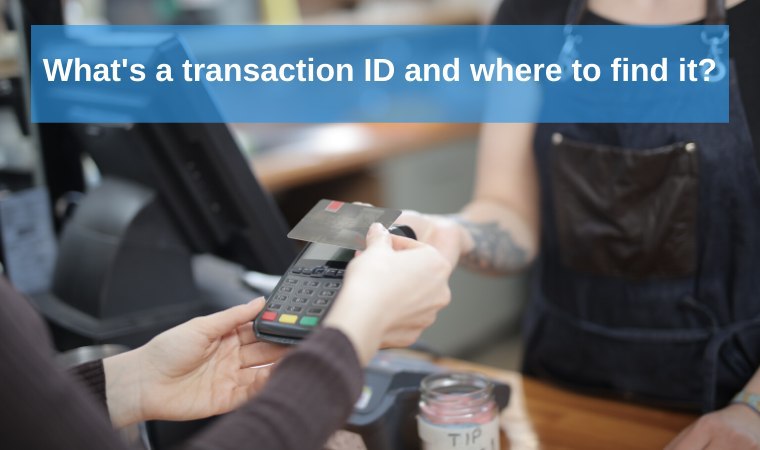Reporting Agencies
The credit reporting agencies (CRAs), also known as credit bureaus, are special institutions that gather clients’ credit information. Then they form clients’ credit reports and re-sell to various establishments. These might be businesses or legal bodies. Basically, the credit bureau works as a huge library that stores the client’s borrowing customs and behavior.
Usually, creditors refer to CRAs to receive sufficient information about the borrowers. That’s vital in order to eliminate any misconceptions.
CRAs use the public and internal information to create the lendee profile. Public information, for instance, is the records from the court, tax liens, etc. The internal one it those the CRA receives from companies/lenders it works with. So, the companies will share how accurately the borrower pays the bills if there are any delays and so on. Moreover, if the lendee owes something to the company, it’ll report about it to the credit bureau.
Companies that deal with lending have a legal right to buy and use credit reporting agencies’ services. Nevertheless, let’s say, your employer cannot receive this information. It only becomes possible after the written permission.
Reporting agencies face some controversy. So, the main point here is information inclusion and exclusion. For example, the customer’s profile might have some inaccuracies that will lead to the wrong perception. Besides, credit bureaus set credit scores differently. Sometimes all those differences and particularities are overwhelming.
The examples of the CRAs are Equifax, Transunion, Experian, etc.


